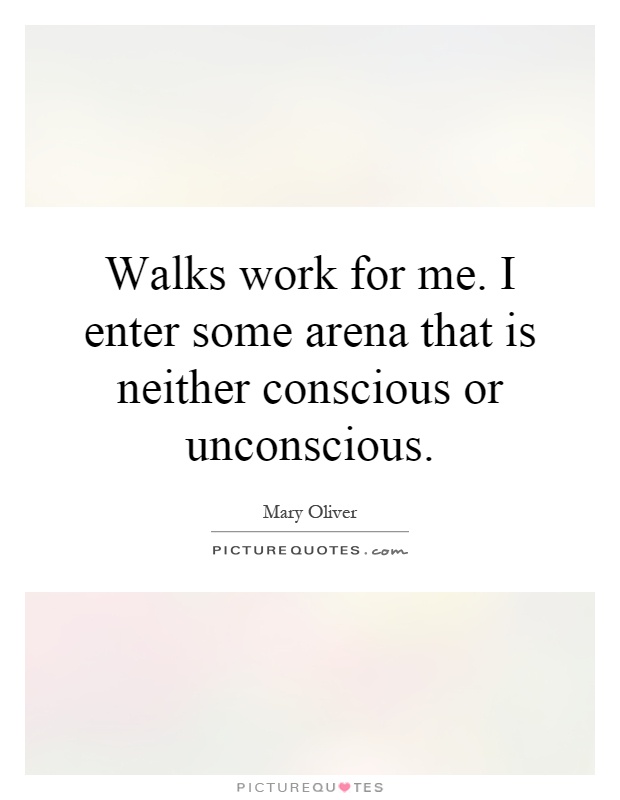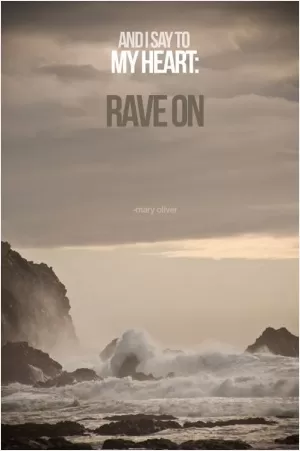Walks work for me. I enter some arena that is neither conscious or unconscious

Walks work for me. I enter some arena that is neither conscious or unconscious
Mary Oliver, the beloved poet and nature enthusiast, often spoke about the transformative power of walking in nature. For her, walks were not just a form of exercise or a way to get from point A to point B, but a spiritual practice that allowed her to connect with the world around her on a deeper level. In her essay "Long Life," Oliver writes, "Walks work for me. I enter some arena that is neither conscious nor unconscious."For Oliver, walking was a way to quiet the mind and open herself up to the beauty and wonder of the natural world. It was a way to escape the noise and distractions of everyday life and immerse herself in the sights, sounds, and smells of the forest, the meadow, or the beach. In these moments of solitude and stillness, she found a sense of peace and clarity that she could not find anywhere else.
Walking was also a way for Oliver to engage with the world around her in a more intimate and meaningful way. As she wandered through the woods or along the shoreline, she observed the intricate patterns of nature, the delicate balance of ecosystems, and the resilience of the plants and animals that called these places home. She marveled at the beauty of a flower in bloom, the majesty of a towering tree, and the grace of a bird in flight.
In her poetry, Oliver often drew inspiration from her walks in nature, using the sights and sounds she encountered to create vivid and evocative images that captured the essence of the natural world. Her poems were filled with references to the changing seasons, the cycles of life and death, and the interconnectedness of all living things. Through her words, she invited her readers to join her on these walks, to see the world through her eyes and experience the wonder and awe that she felt in the presence of nature.












 Friendship Quotes
Friendship Quotes Love Quotes
Love Quotes Life Quotes
Life Quotes Funny Quotes
Funny Quotes Motivational Quotes
Motivational Quotes Inspirational Quotes
Inspirational Quotes